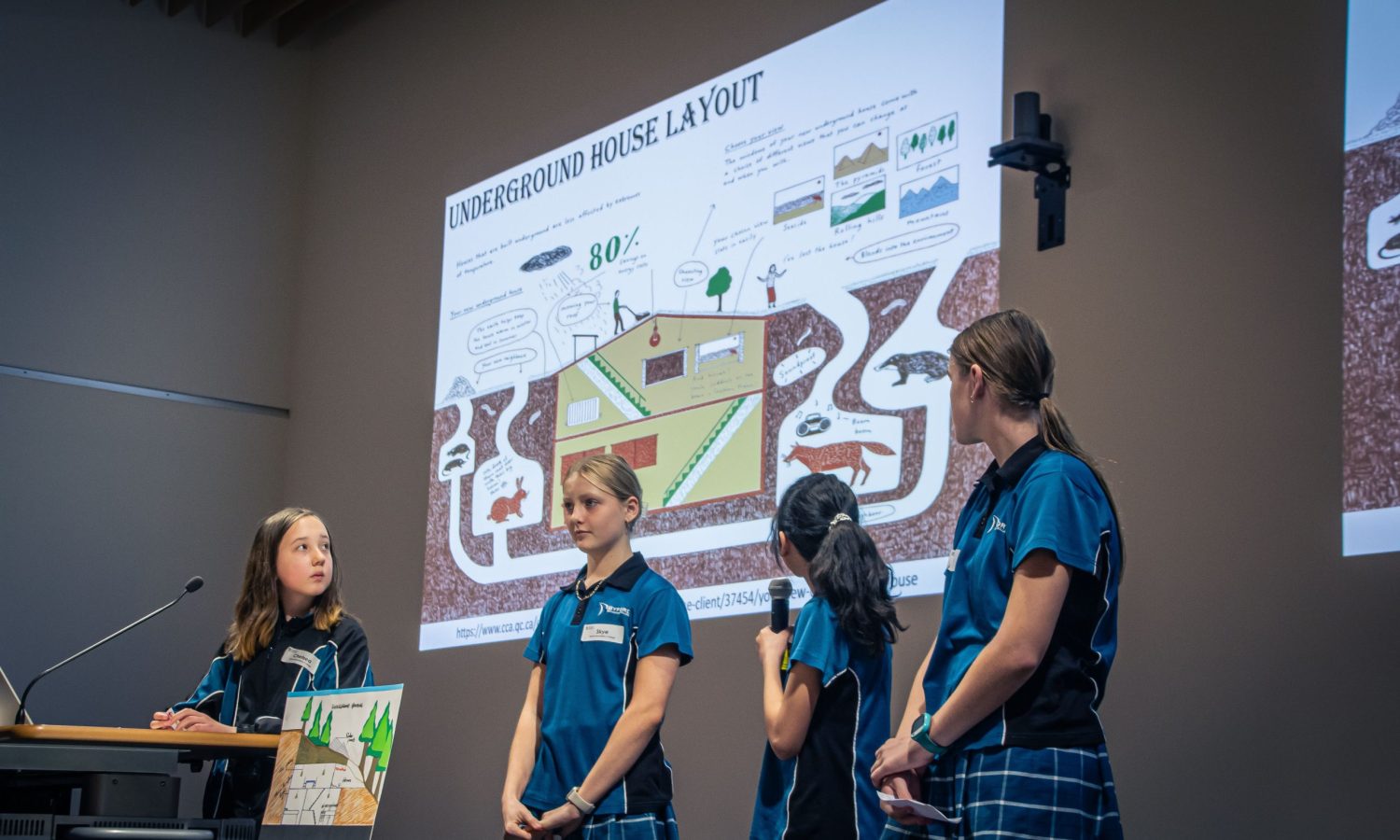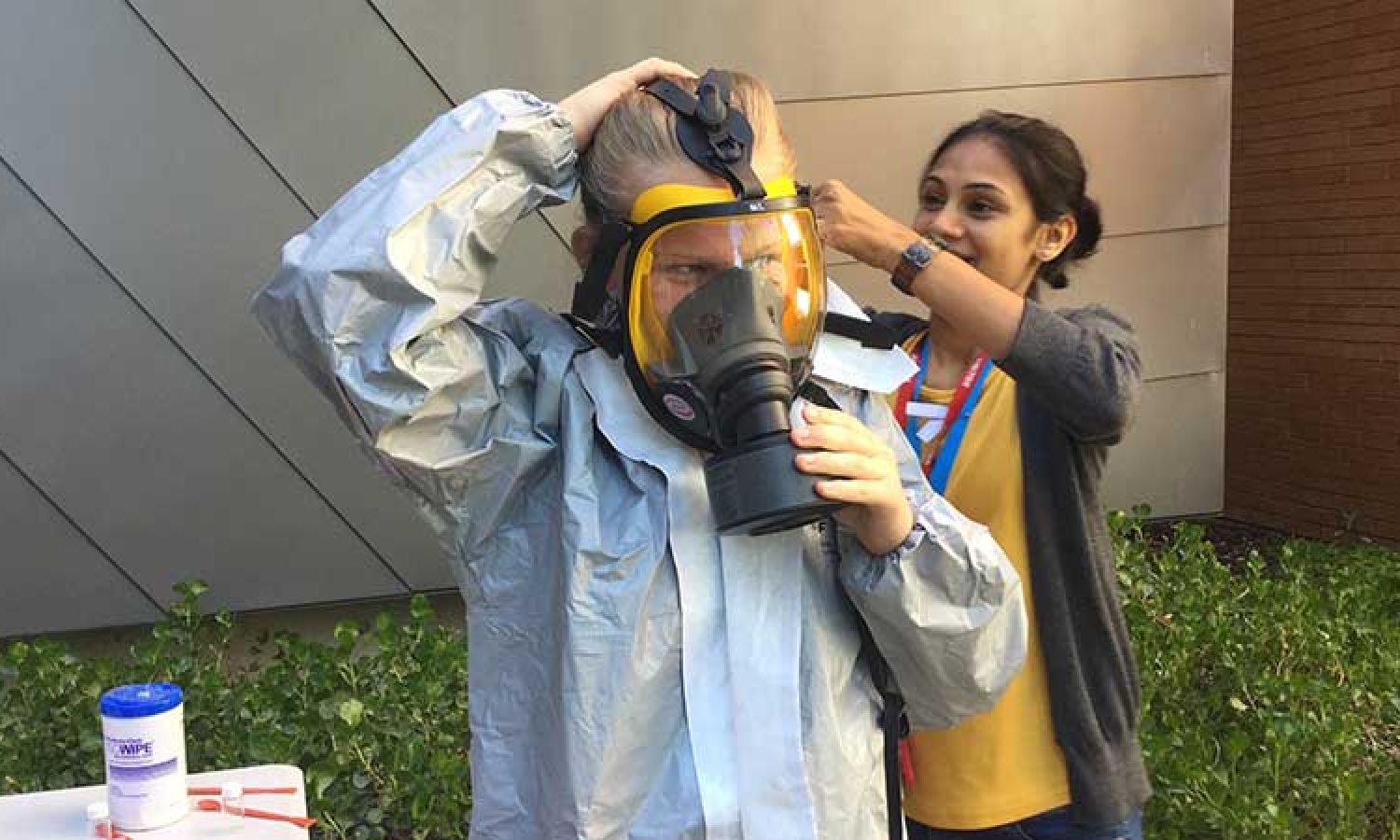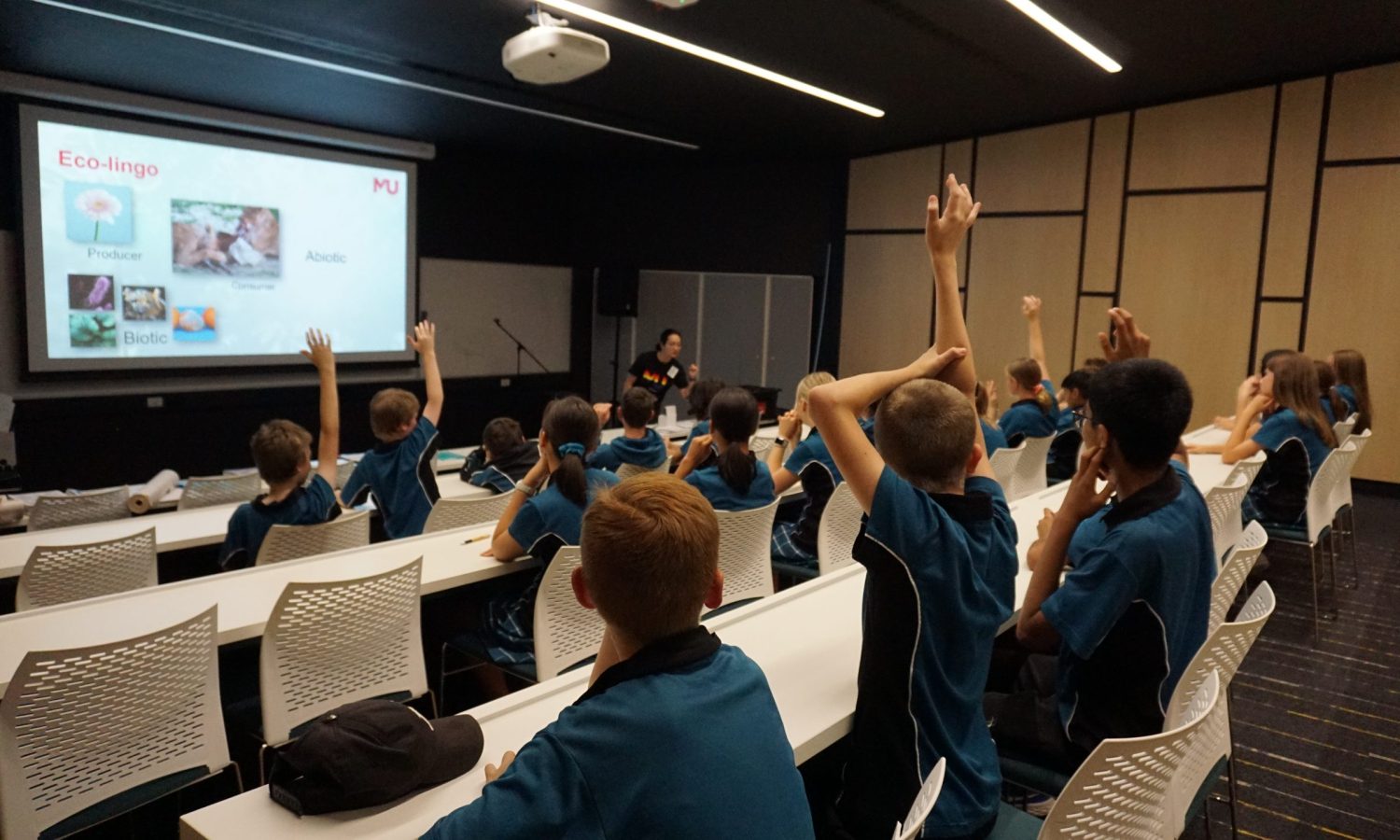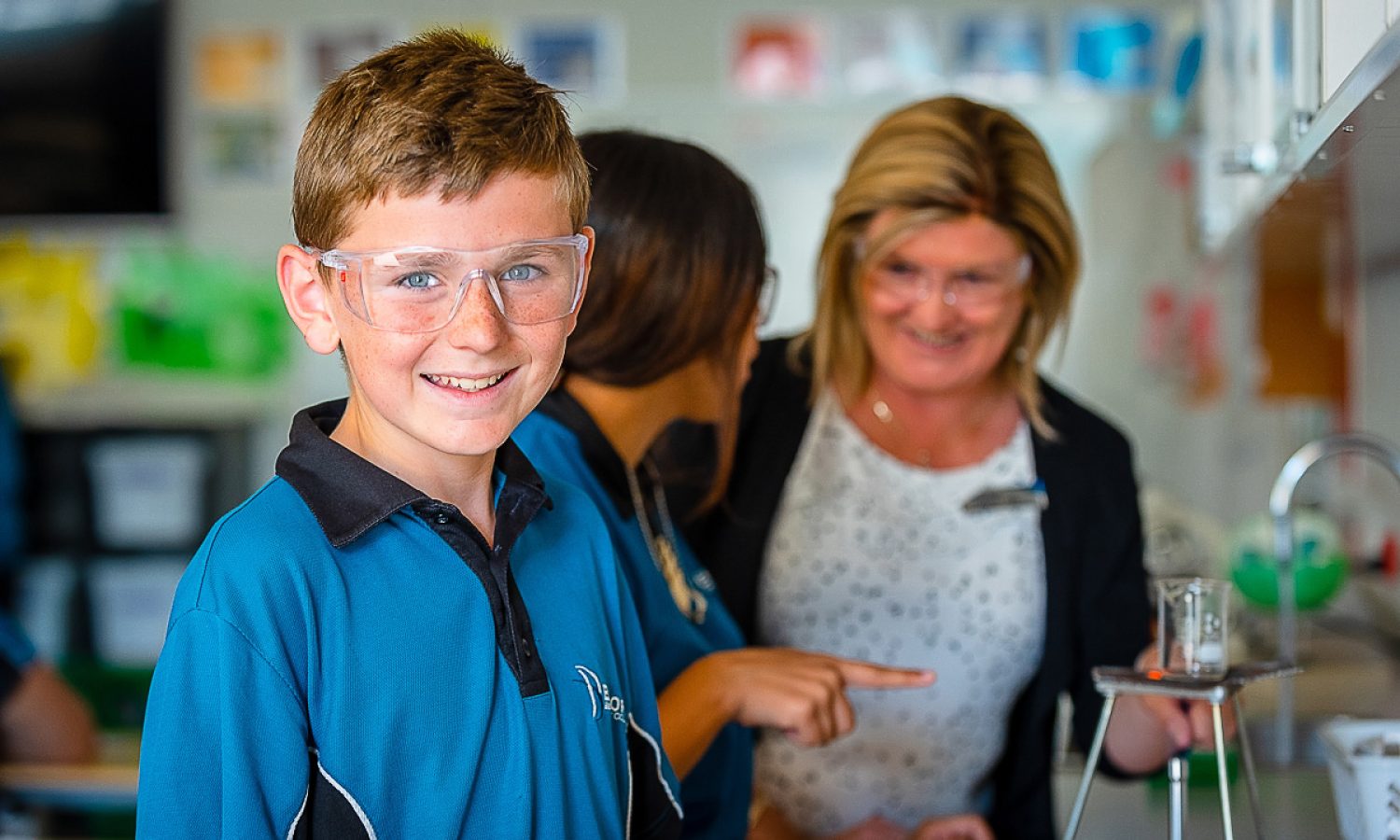Through the study of Science we are able to understand the workings of the world around us.
The Byford Secondary College Science department understands that science is about the exploration of the unknown, testing theories and understanding causality. It is an ever changing field that impacts every facet of the world around us through environmental, technological, medicinal and mechanical advancements. More than just teaching the basics of science, our team of educators aim to inspire an appreciation for science and it’s applications beyond school.
Through the integration of whole school strategies and knowing our students, lessons are challenging yet achievable for students of all abilities.
With the inclusion and focus on ‘Science Inquiry Skills’ and ‘Science as a Human Endeavour’, students are able to make the link between the classroom and Science in the World around us. They are provided opportunities to build on their skill set both at an academic/subject specific level, but also in the context of their social, emotional and physical resilience. Students are encouraged to ask questions, challenge concepts and ‘have a go’, overall improving their critical thinking and investigative skills.




Over Years 7 to 10, students develop their understanding of microscopic and atomic structures; how systems at a range of scales are shaped by flows of energy, matter and interactions due to forces, and develop the ability to quantify changes and relative amounts.
In Years 9 and 10 students are given the opportunity to choose from additional Science subjects as electives. Depending on resources and demand of classes the college offers courses such as:
For more information head to the School Curriculum Standard Authority’s website See here.
The Chemistry ATAR course equips students with the knowledge, understanding and opportunity to investigate properties and reactions of materials. Theories and models are used to describe, explain and make predictions about chemical systems, structures and properties. Students recognise hazards and make informed, balanced decisions about chemical use and sustainable resource management. Investigations and laboratory activities develop an appreciation of the need for precision, critical analysis and informed decision making.
The Human Biology ATAR course gives students a chance to explore what it is to be human—how the human body works, the origins of human variation, inheritance in humans, the evolution of the human species and population genetics. Through their investigations, students research new discoveries that increase our understanding of human dysfunction, treatments and preventative measures. Practical tasks are an integral part of this course and develop a range of laboratory skills; for example, biotechnology techniques. Students learn to evaluate risks and benefits to make informed decisions about lifestyle and health topics, such as diet, alternative medical treatments, use of chemical substances and the manipulation of fertility.
In the Physics ATAR course students will learn how energy and energy transformations can shape the environment from the small scale, in quantum leaps inside an atom’s electron cloud, through the human scale, in vehicles and the human body, to the large scale, in interactions between galaxies. Students have opportunities to develop their investigative skills and use analytical thinking to explain and predict physical phenomena. Students plan and conduct investigations to answer a range of questions, collect and interpret data and observations, and communicate their findings in an appropriate format. Problem-solving and using evidence to make and justify conclusions are transferable skills that are developed in this course.
The Psychology ATAR course introduces students to a breadth of knowledge focusing on the psychology of self and others. Psychological knowledge helps us understand factors relating to individuals, such as: cognition, or the way we think; biological bases of behaviour; and personality, the enduring traits that distinguish individuals. Students have opportunities to integrate the understanding of scientific principles, the acquisition of psychological knowledge and the application of both in an enjoyable and contemporary way. The study of psychology is highly relevant to further studies in the health professions; education, human resources, social sciences, sales, media and marketing and management.
The Biology General course provides opportunities for students to develop their scientific skills of curiosity, observation, collection and analysis of evidence in the context of the living world. They conduct practical investigations and have the opportunity to participate in field-based excursions that encourage them to apply what they have learnt to real world situations. Students explore the diversity of organisms and how scientists make sense of the natural world. A local area study will be conducted to understand the dynamics of ecosystems. They study cells and cell processes, adaptations of organisms and the transition of genetic material to the next generation.
The Human Biology General course gives students a chance to explore how the human body works. Students focus on bones, muscles, nerves and hormones, and how they maintain the body to act in a coordinated manner. The causes and spread of disease and how humans respond to invading pathogens are studied, as well as the role of males and females in the process of reproduction. Students investigate the body systems through real or virtual dissections and practical examination of cells, organs and systems. They research contemporary treatments for dysfunctions of the body systems and are encouraged to use ICT to interpret and communicate their findings in a variety of ways. Second-hand data is used to investigate transmission of diseases from a historical perspective and recent global incidences.
The Integrated Science General course enables students to investigate science issues in the context of the world around them. It encourages students to develop their scientific skills of curiosity, observation, collection and analysis of evidence, in a range of contexts. The multidisciplinary approach, including aspects of biology, chemistry, geology and physics, further encourages students to be curious about the world around them and assume a balanced view of the benefits and challenges presented by science and technology. Students conduct practical investigations that encourage them to apply what they have learnt in class to real-world situations and systems.
Powering Careers in Energy provides students with the opportunity to explore and understand the broad range of career options available within the Oil and Gas industry in WA. Students study five units in all covering a wide variety of aspects of the energy industry. An Introduction to Energy will help introduce students to the role of energy in our community with a focus on aspects of the LNG value chain. Chevron operates in many diverse communities around the globe. Students will have the opportunity to understand and explore cultures as well as develop knowledge about Australian cultural heritage, native title and how these aspects shape the modern resource industry.
In the Psychology ATAR course students will be introduced to psychological knowledge which supports an understanding of the way individuals function in groups. Students learn about major psychological models and theories, and the methods used to conduct scientific investigations in the discipline of psychology. Students apply research methods and ethical principles as they analyse data to illustrate how empirical procedures are used to examine phenomena, such as memory, attention, attitudes, personality and group behaviour. Acquiring this foundation of scientific method and critical thinking is a valuable skill which students can apply throughout their study, work and everyday lives.
For more information head to the School Curriculum Standard Authority’s website See here.